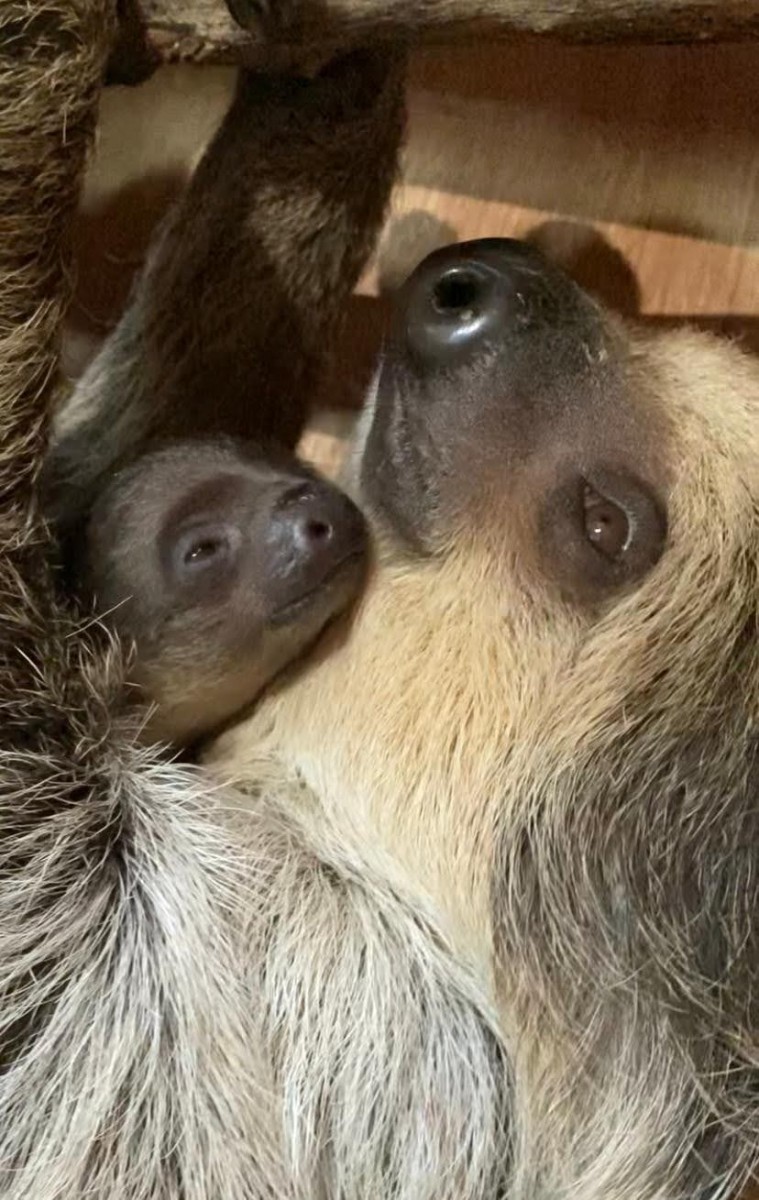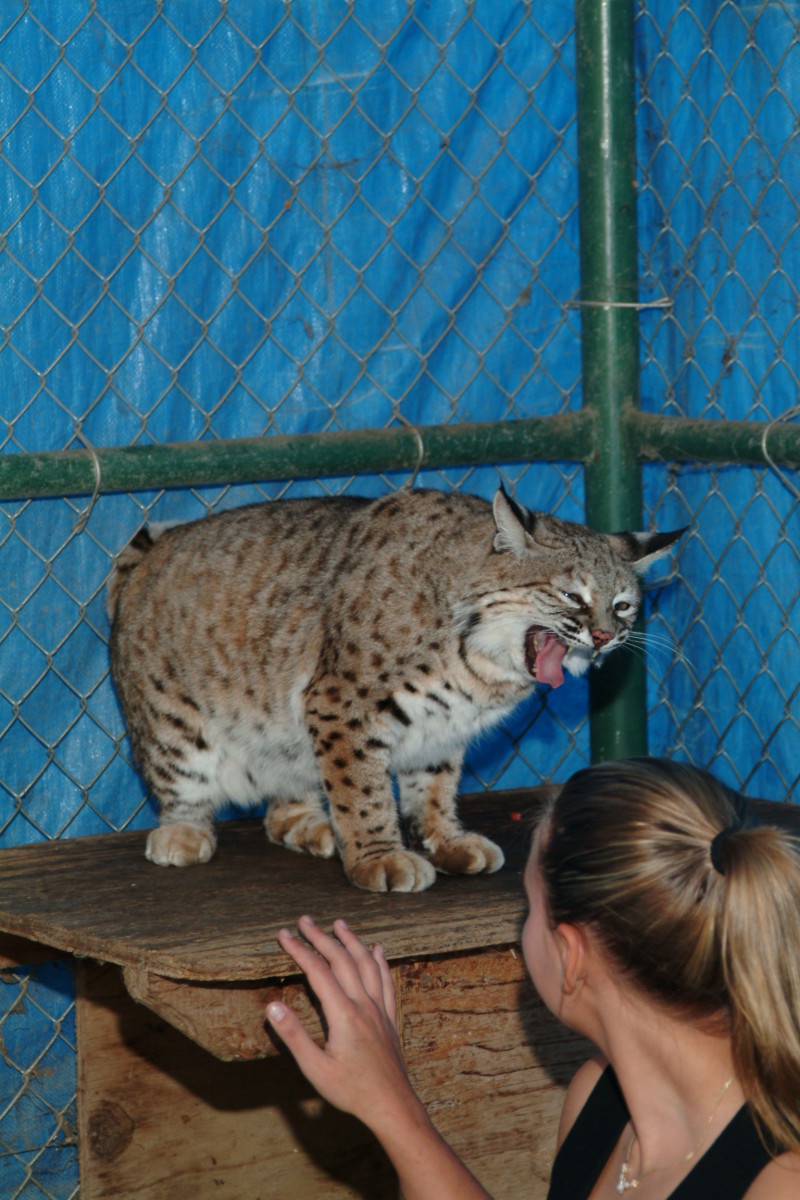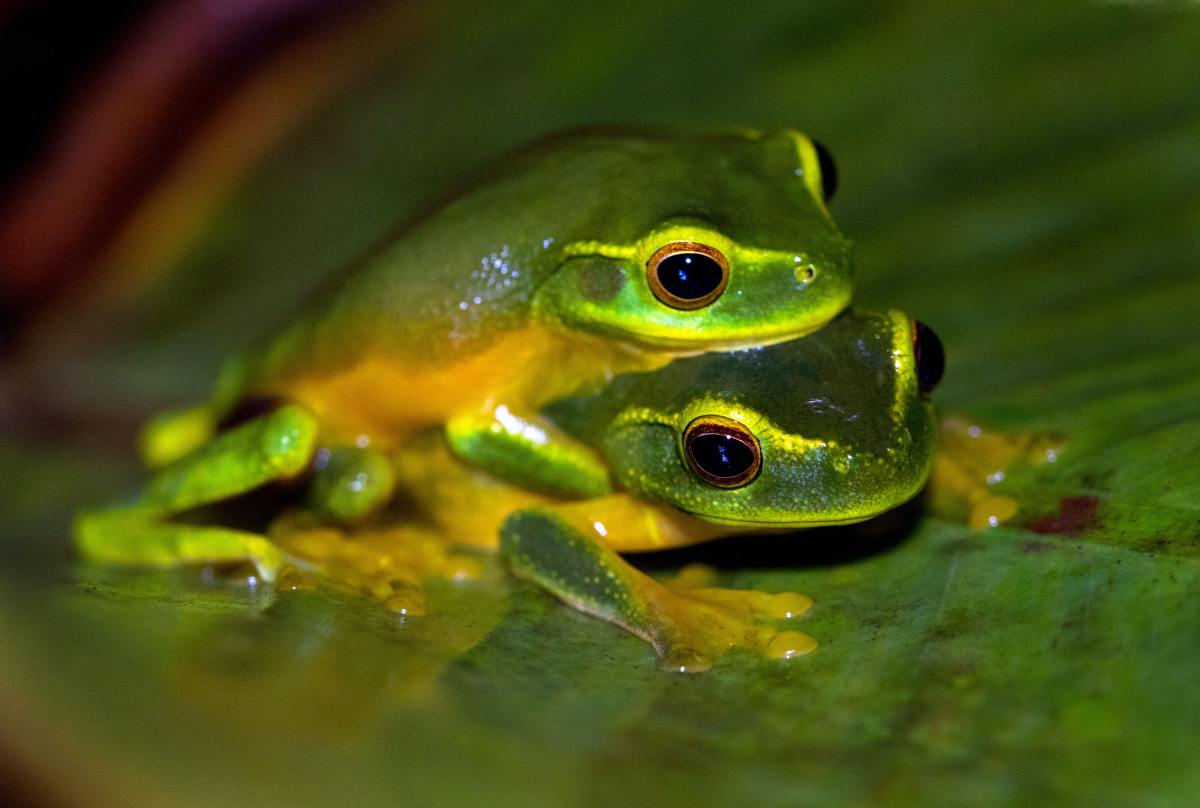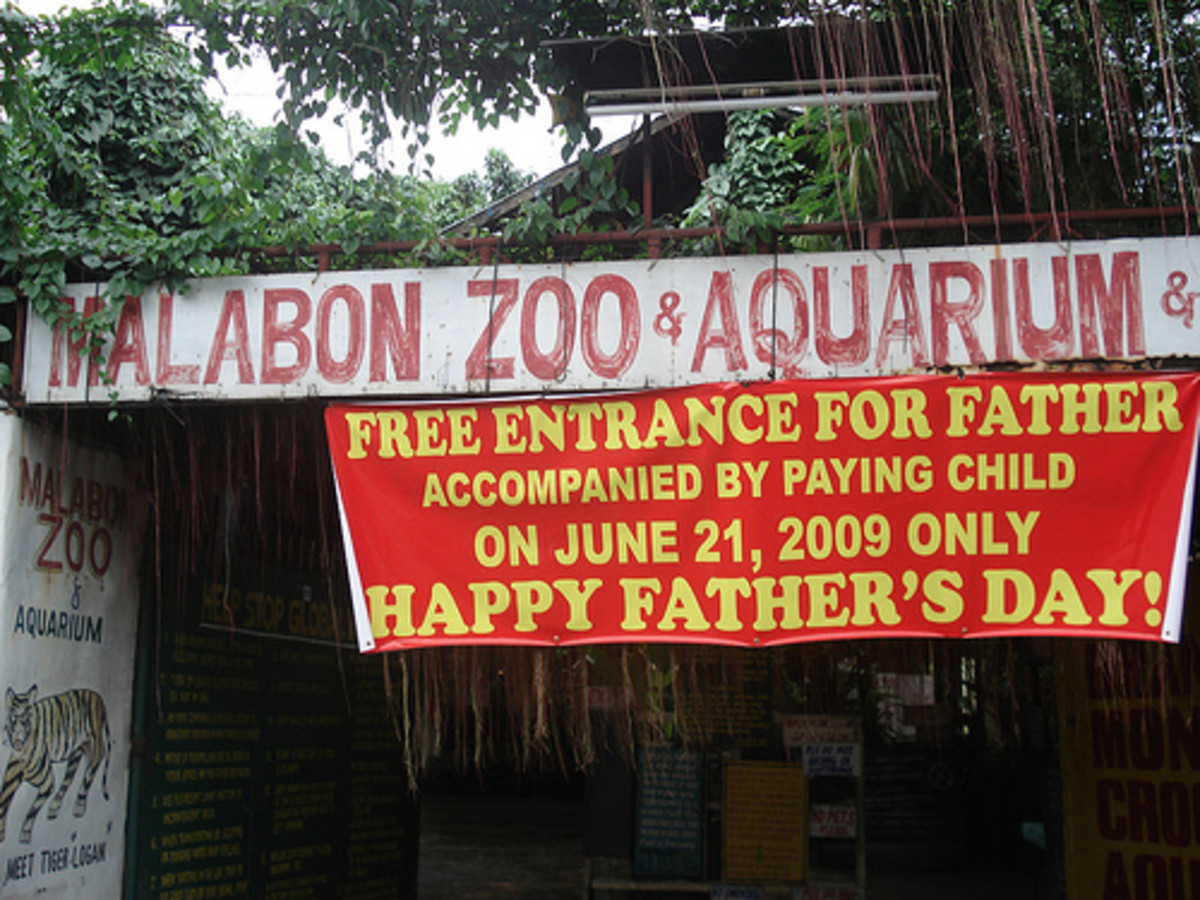Zoos, Exotic Animal Captivity Education

THE GOOD ZOO
Many animal activist have reason to believe that all zoos are evil. But, the truth is that this only applies to some zoos. Knowing the upside and downside of exotic animal captivity can help drive action to the areas within the industry that still require a stern look. The American Association of Zoological Parks and Aquariums (AAZPA) , have—along with some other very good organizations—created a rule based industry that offers a more generous view of the Natural world and the ways to help conserve the vital elements within it. By regulated and humane capture and care of animals by today's modern zoos staff, humans are offered the unusual opportunity to educate from an insiders perspective.
As with all things, two sides are required to tell the whole story.
ZOOS

Zoo Stuff
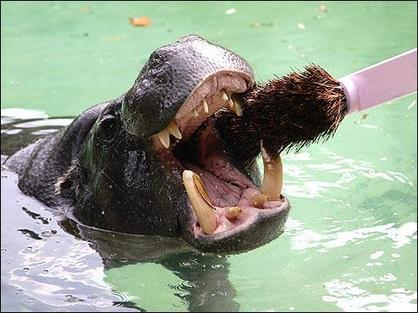
Escaping An Angry Hippo Video
ZOOS - THE UPSIDE
The size of a Zoo does matter. Larger park-sized zoos offer a broader cruising area for the animals. Unlike roadside zoos and menageries, the animals can have a reasonably humane existence.
The AAZPA—and organizations like it— represent a better staffed and operated zoo. These professional groups provide guidelines for the facilities, how they should be built, managed and run. These AAZPA zoos are better staffed and offer better organization along with regular veterinarian maintenance for the animals.
Animals that reside in zoos range widely in species. Mammals, amphibians, reptiles, and birds from every corner of the world, and far from native to the zoo locations they will be living within. This provides an unusual opportunity and special attraction for many zoo visitors to learn about some unknown creatures.
Some zoo professionals consider accredited zoos to be something like that of Noah's ark. Though modern facilities are more oriented to exhibiting and preserving species that are less likely to be endangered—whereas, Noah's creatures, by definition were absolutely very much endangered as far as the story goes.
Zoo officials today are far more successful in caring for animals. Birth rate in strained animal species has increased because of the studies available from scientific studies conducted by zoologists in the wild. The studies bring reliable information on the vital needs of animal specimens cared for at the zoos. This reproduction carries with it the bonus of lower cost to supply animals to zoos, as the cost of capturing wild animals (giraffes, tigers, elephants, etc.) can be prohibitive.
I can find little to no justification for the roadside zoos whose only reason for existing is to gather admission money from those who come to see the collection of animals. I understand the concept of paying to see the animals like at accredited zoos, but when I consider the manner to which these funds are used, the price is far, far to high for the animals who pay for our curiosities. These money-grubbing roadside zoos generally pocket the cash, with little regard for the upkeep or the condition of the animals. Legitimate zoos use their admission fees for upkeep, facility improvements and for the health of the animals, as well as for the animals dietary requirements.
Many zoos allow the animals to mate and give birth to more offspring than the facility can safely manage and beyond the quantity needed for exhibits. In an attempt to keep the public drawn to their zoo, cute baby creatures and their adolescent behaviour are a welcome and preferred event for zoo management. When an overabundance of creatures are bred in captivity, they have a very bleak life to look forward to. If they are not placed on the auction block for buyers who do not have to explain their intentions, they are doomed to reside in the far back areas of the zoo where the public has no view of the living conditions.
ZOOS


ZOOS - THE DOWNSIDE
Because the more exotic the animal the better "draw" it will have on visitors, some unaccredited zoos prefer these species. The trouble begins when these exotic animals are placed into an unacceptable environment. The zoo managers neglect to account for climate and dietary requirements for the animals, resulting in inadequate treatment and incorrect/poor diets.
The most serious objection to zoos is the concept of captivity for wild creatures. Elephants, large reptiles, and even large birds have been subjected to small areas which restrict normal and needed movement. This kind of crowded confinement regularly leads to serious behavioural disorders in large zoo animals. These disorders prevent the animal from making any kind of healthy adjustment to living in captivity.
The primary reason for zoos is to entertain and educate visitors. People are encouraged to visit the zoos to see how rare and exotic animals live and behave. Due to the limited space, size of cages, and the restrictive outside living quarters, it is seldom revealed. It is unlikely that a captive creature will exhibit its natural behaviour as in the wild while living within the boundaries of captivity.
Jessica The Hippo

ZOOS

What You Think Really Does Matter!
Do you think keeping exotic animals in captivity has good points?
ZOOS - YOU DECIDE
When taking-in the lovely sights while you stroll along pristine paths at your local zoo, consider this; if the zoo is not in business to mange conservation or educate us on the exotic animals it harbors, then you must admit they might just be in the zoo business for the pocket money. It is up to each and every one of us to assess what we see, smell and hear when visiting any kind of animal park. After all, you can not be humane without first finding the human within.



